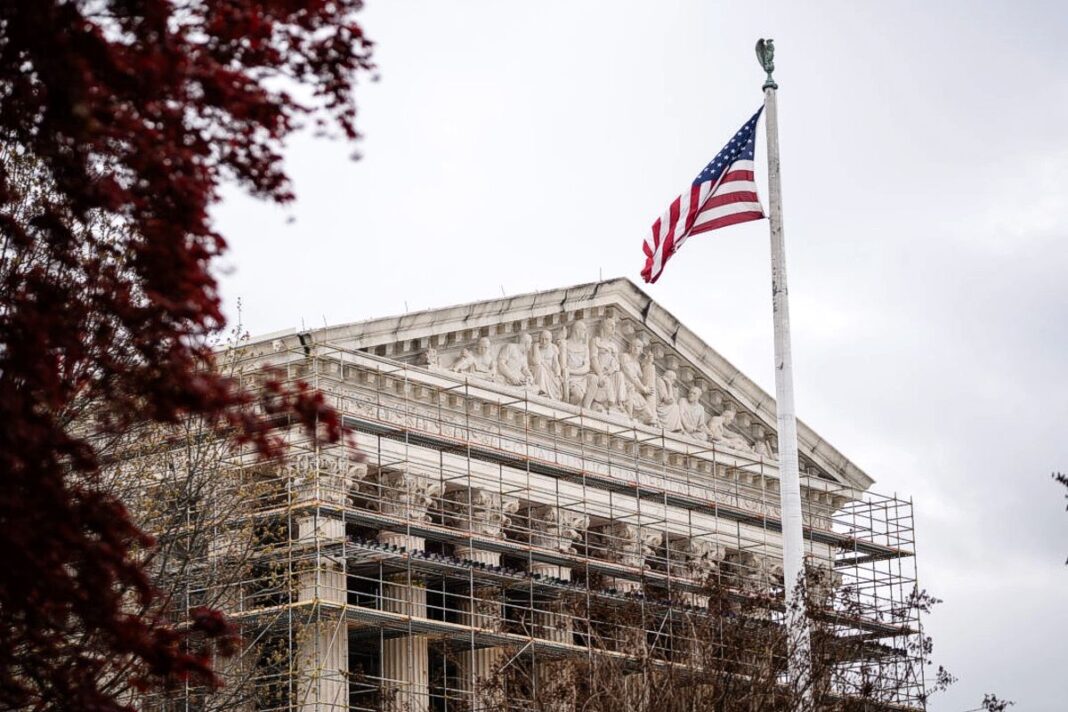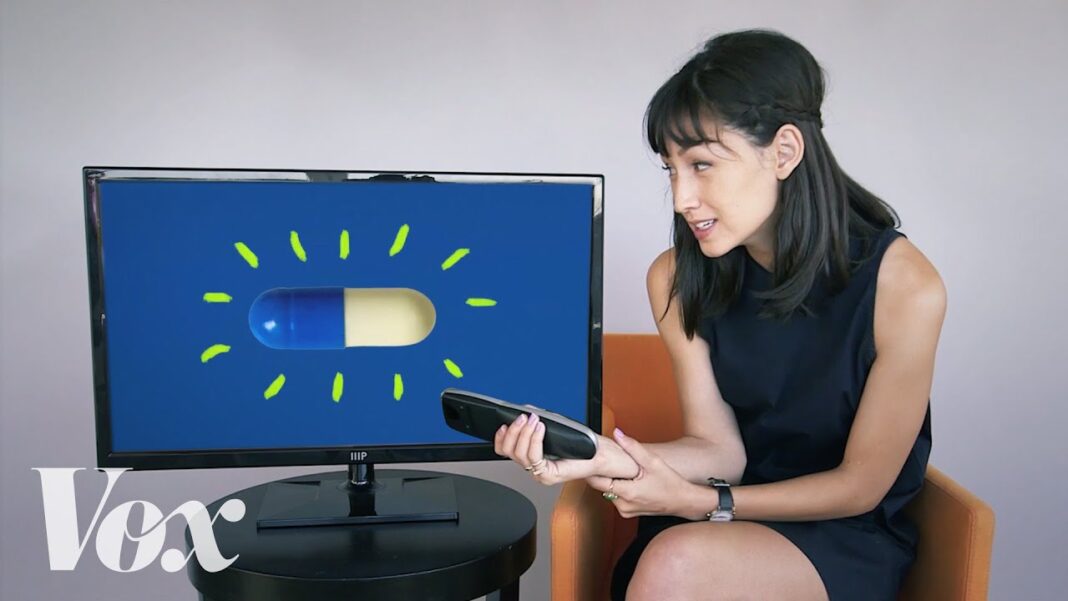The move challenges California’s clean car rules and will likely spark legal battles. Industry groups back the move to ease emissions standards.
President Donald Trump on June 12 signed a package of resolutions to block California’s landmark vehicle emissions mandates.
He signed three resolutions previously passed by Congress under the Congressional Review Act.
The measures overturn California’s plans to phase out the sale of new gasoline-only vehicles by 2035, roll back its low-nitrogen oxide regulations for heavy-duty trucks, and rescind an Environmental Protection Agency waiver granted in December 2023 allowing the state to enforce stricter vehicle emissions standards.
A White House signing ceremony included top administration officials such as Transportation Secretary Sean Duffy, Energy Secretary Chris Wright, and Environmental Protection Agency Administrator Lee Zeldin, as well as members of Congress and representatives from the energy, trucking, and auto industries.
Additionally, California is considering the establishment of zero-emission standards on medium and heavy-duty trucks and implementing stricter controls on nitrogen oxide emissions.
The move will likely intensify a longstanding power struggle between the federal government and the Golden State over environmental policy and differences in state and federal policy priorities.
Gov. Gavin Newsom, a Democrat, is currently feuding with the White House over Washington’s approach toward prolonged civil unrest in Los Angeles.
Newsom vowed to challenge the resolutions in court, arguing the moves are illegal and will tag California taxpayers with an estimated $45 billion in additional health care costs.
Representatives of Newsom’s office did not immediately respond to a request for comment from The Epoch Times.
Serious legal questions loom over Congress’s authority to revoke a state-level law.
The U.S. Government Accountability Office, a nonpartisan congressional watchdog, previously determined that the Congressional Review Act cannot be used to block California’s vehicle emissions standards.
The Senate parliamentarian, Elizabeth MacDonough, agreed with that assessment.
California’s Advanced Clean Cars II rule, introduced in 2020 and reaffirmed by the Biden administration in 2023, mandates that 80 percent of new vehicles sold in the state be battery-powered electric by 2035, with the remaining 20 percent composed of plug-in hybrids.
Similar policies have been adopted in 11 other states, which cumulatively represent about a third of the U.S. auto market.
In a statement shared with The Epoch Times, leading automaker General Motors said it appreciated that the move would “help align emissions standards with today’s market realities.”
“We have long advocated for one national standard that will allow us to stay competitive, continue to invest in U.S. innovation, and offer customer choice across the broadest lineup of gas-powered and electric vehicles,” the GM statement said.







